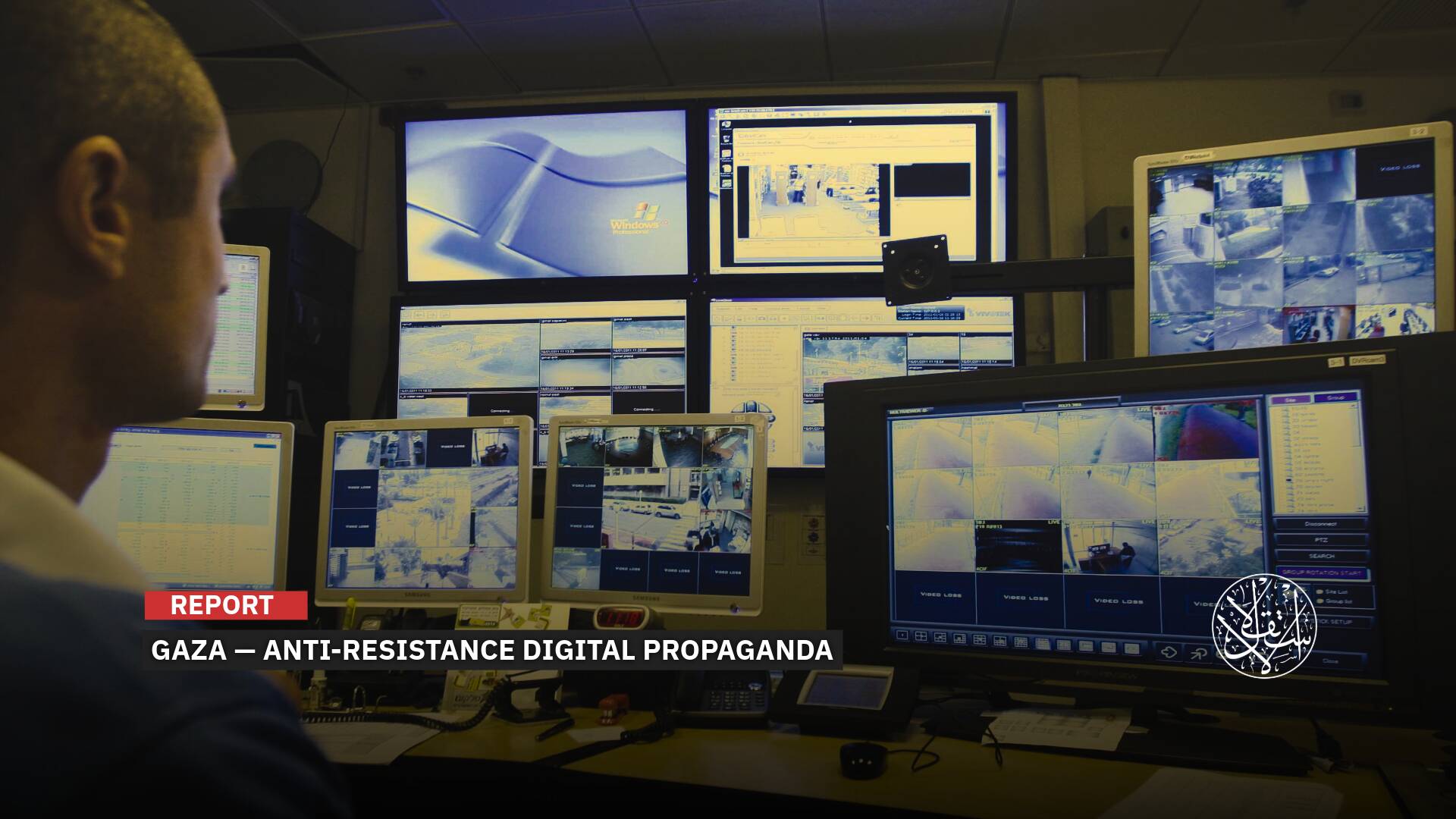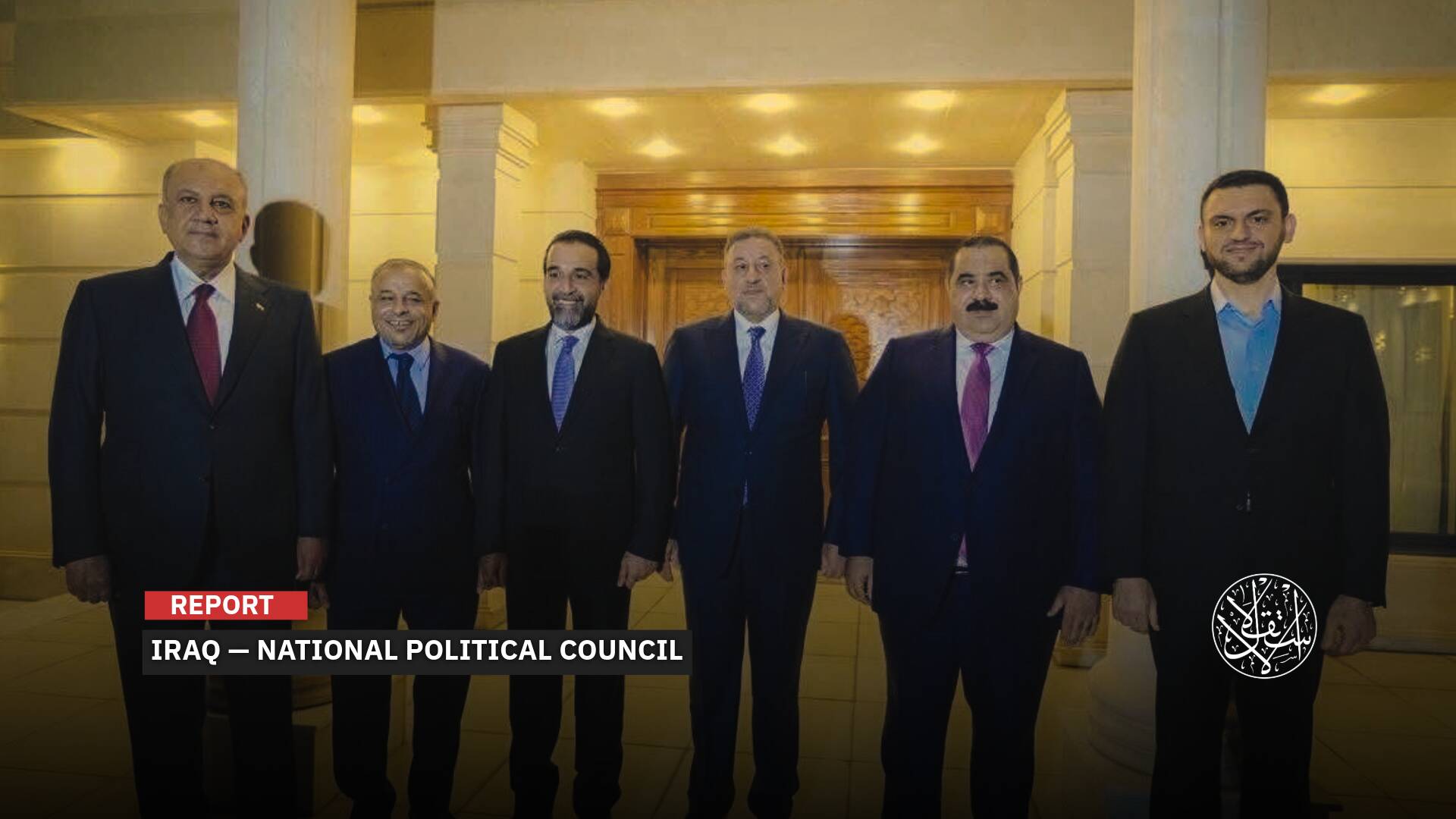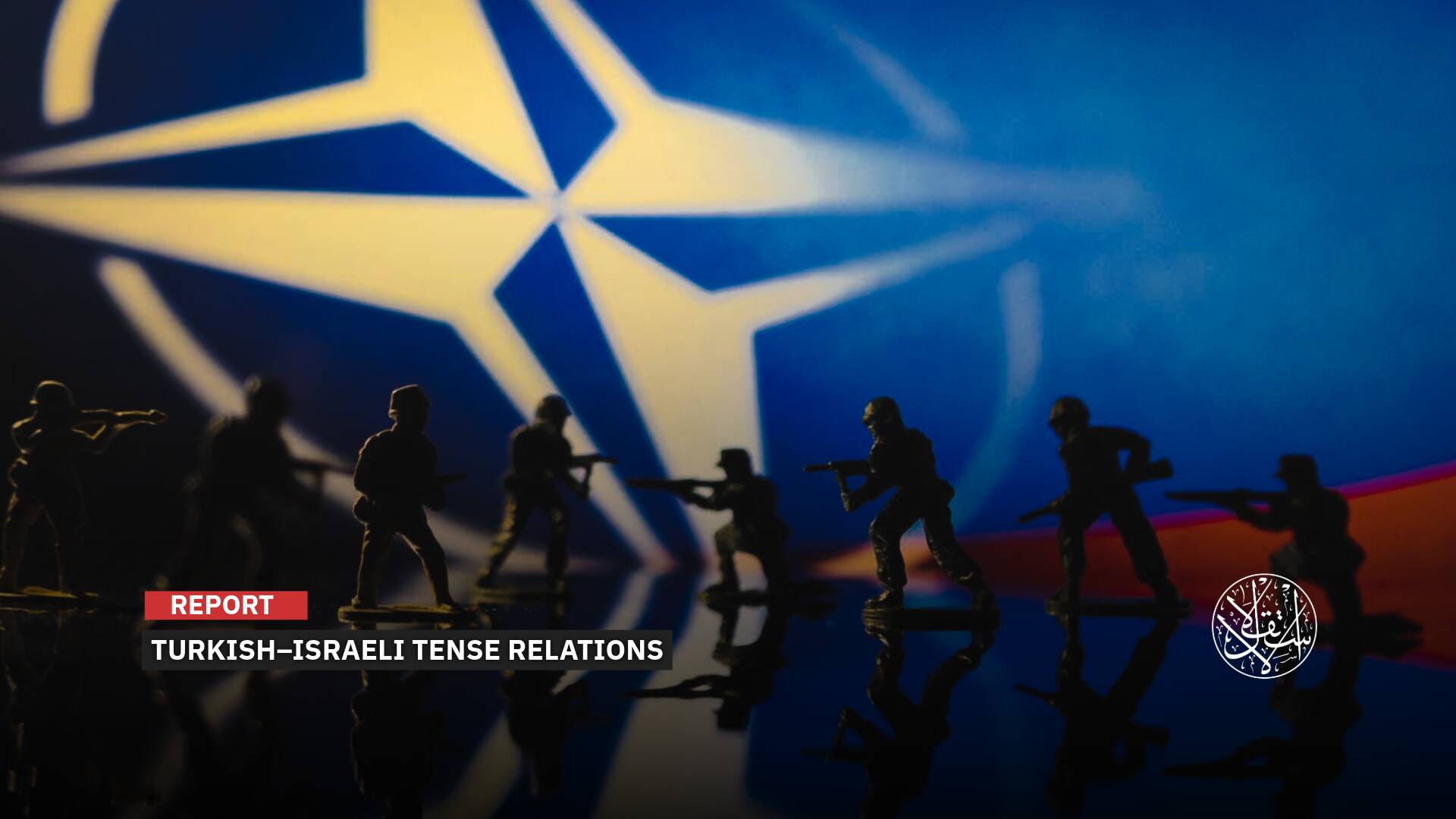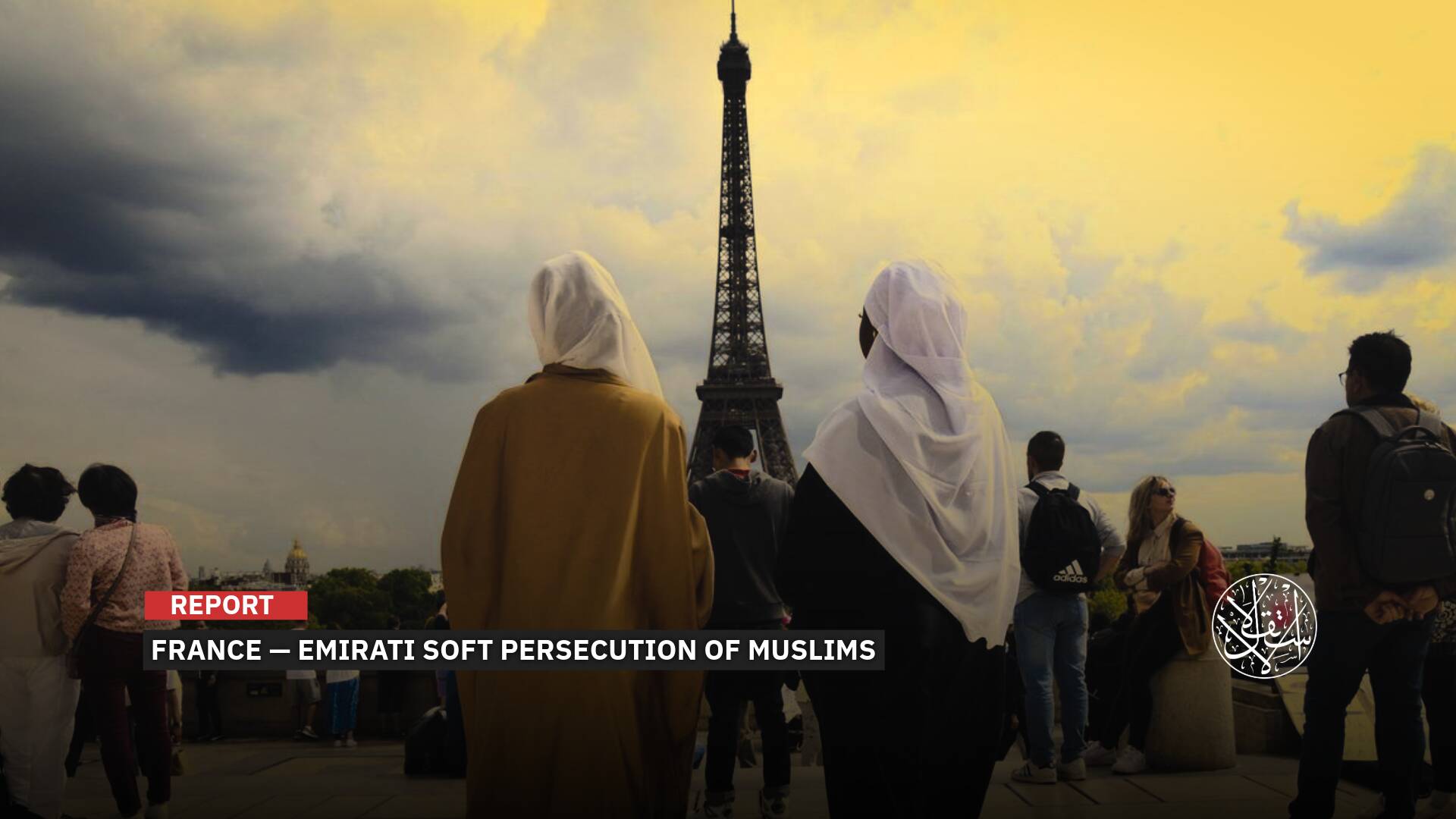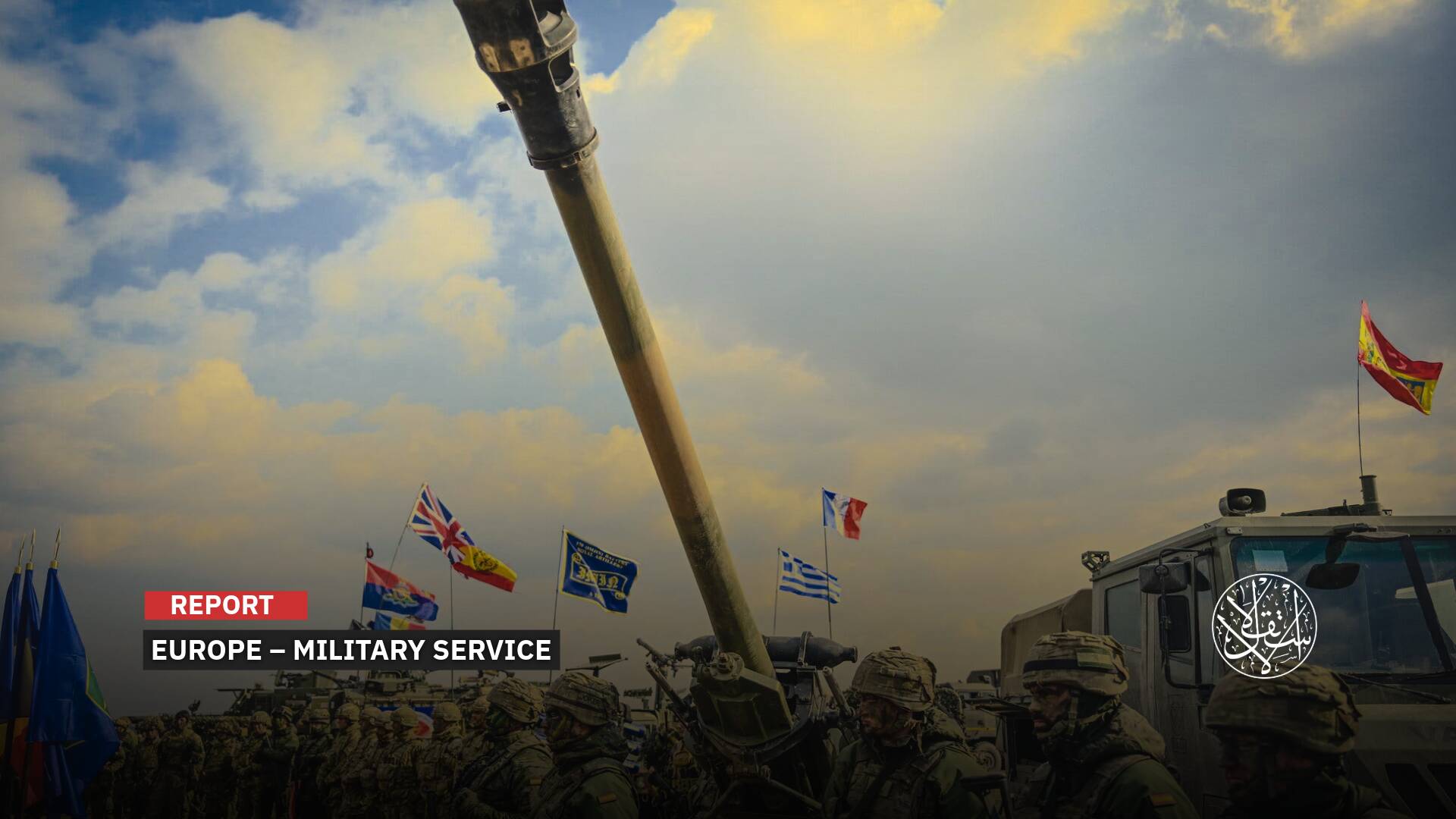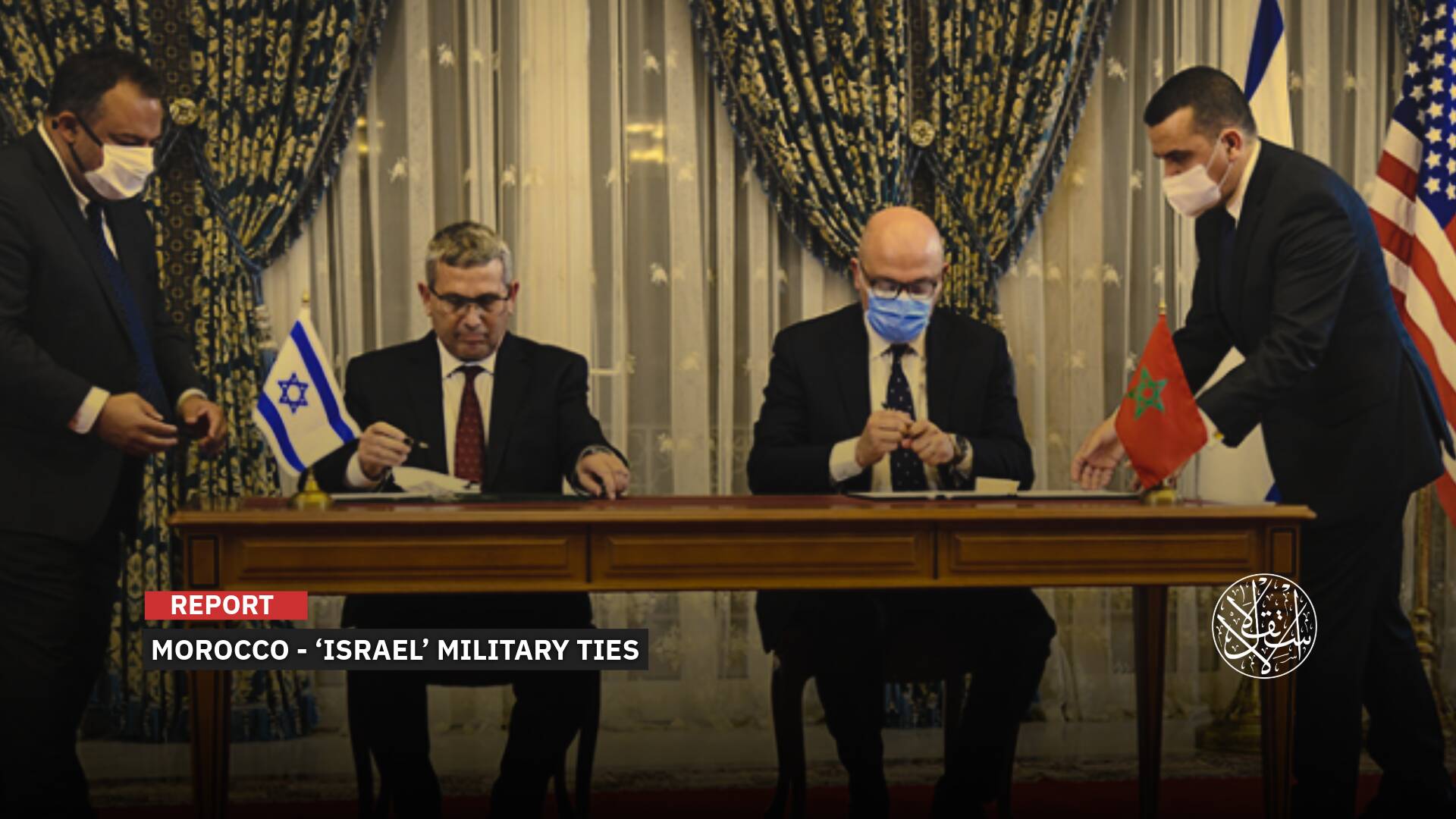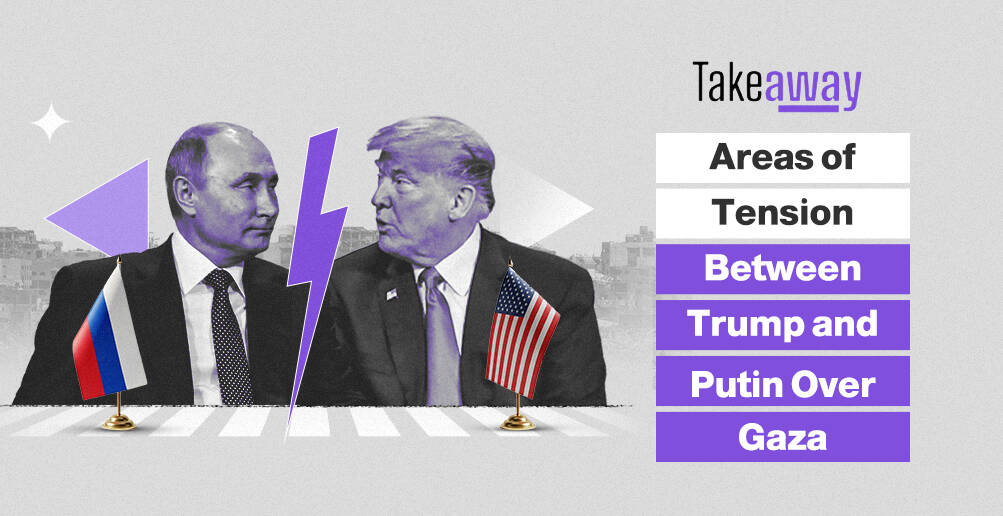A New Military Equation: Will Syria Become a Battlefield Between Turkiye and “Israel”?

“The Turkish President recently declared his hope that Allah will destroy Israel.”
The new clash between Turkiye and “Israel” over Syria is not so much a surprise as it demonstrates that the regional conflict in Syria has entered a new phase, primarily characterized by a positioning race.
Turkiye is seeking to rebuild its presence in Syria, while Tel Aviv hopes to reach an understanding with Ankara regarding the division of influence and security arrangements in Syria.
Recent developments indicate that the recent intensive Israeli attacks are not merely military operations against targets inside Syria, but rather carry profound regional messages, particularly toward Turkiye.
Although the clash so far has limited itself to statements and limited field tactics, the scene remains open to all possibilities, especially if Ankara decides to move from political rhetoric to concluding formal military agreements with Damascus.
In light of this escalating tension between the two sides, the most important question remains: Will these tensions escalate into an open confrontation between “Israel” and Turkiye on Syrian soil? Or will diplomacy intervene to contain the situation?
Escalating Tensions
In an ongoing military escalation, Israeli Air Force fighter jets carried out dozens of airstrikes on several sites inside Syria on the night of April 2, targeting the Hama military airport, the T4 air base in eastern Homs, and the scientific research building in Damascus.
However, behind these attacks, questions arise about the hidden messages these strikes may carry, particularly toward Turkiye, given the growing rapprochement between Ankara and Damascus.
Four sources reported that Turkiye had inspected three air bases in Syria where it may deploy its forces as part of a planned mutual defense agreement before “Israel” bombed the sites with airstrikes last week.
The Israeli airstrikes on the sites inspected by Turkiye came despite Ankara's efforts to reassure Washington that its increased military presence in Syria is not intended to threaten “Israel”.
Israeli Foreign Minister Gideon Sa'ar said that Turkiye was working hard to make Syria a Turkish protectorate, adding that Syria should not be such.
He declared that Tel Aviv would not allow a return to the October 6 reality on any of its borders, expressing concern about Turkiye's negative role in Syria and Lebanon.
Israeli Army Minister Israel Katz says “airstrikes on Syrian military airports and infrastructure yesterday were intended to serve as a warning for the future.”
“If you allow forces hostile to Israel to enter Syria and endanger Israel’s security interests, you will pay a heavy price,” Katz says, addressing Syria’s interim president Ahmed Al-Sharaa.
The Jerusalem Post quoted an unnamed security official as confirming that the recent attacks in Syria are direct messages to Turkiye.
He also noted that Turkiye is currently seeking imperialist expansion, training and arming the Syrian army, and attempting to consolidate its military presence through bases inside Syria.
In late March, “Israel” bombed the T4 military air base in the Homs countryside, which was interpreted as an early warning of any potential changes in the balance of power within Syria, especially with signs of a return to warm relations between Ankara and Damascus.
It is well known that “Israel” always seeks air superiority over other countries in the region, but Turkiye's building of defensive capabilities in Syria is a source of concern, according to observers.
Noa Lazimi, a specialist in Middle East politics at Bar-Ilan University, said “Israel” was concerned that Turkiye could establish Russian anti-aircraft systems and drones at T4.
“The base would enable Turkiye to establish air superiority in this area, and this poses a serious concern for Israel because it undermines its operational freedom in the region,” she said.
This concern was publicly expressed in statements by Religious Zionism MK Ohad Tal, who called for the closure of the Turkish embassy in “Israel”, describing Ankara as an enemy state, and calling for strengthening the alliance with Greece and Cyprus to counter Turkish influence.
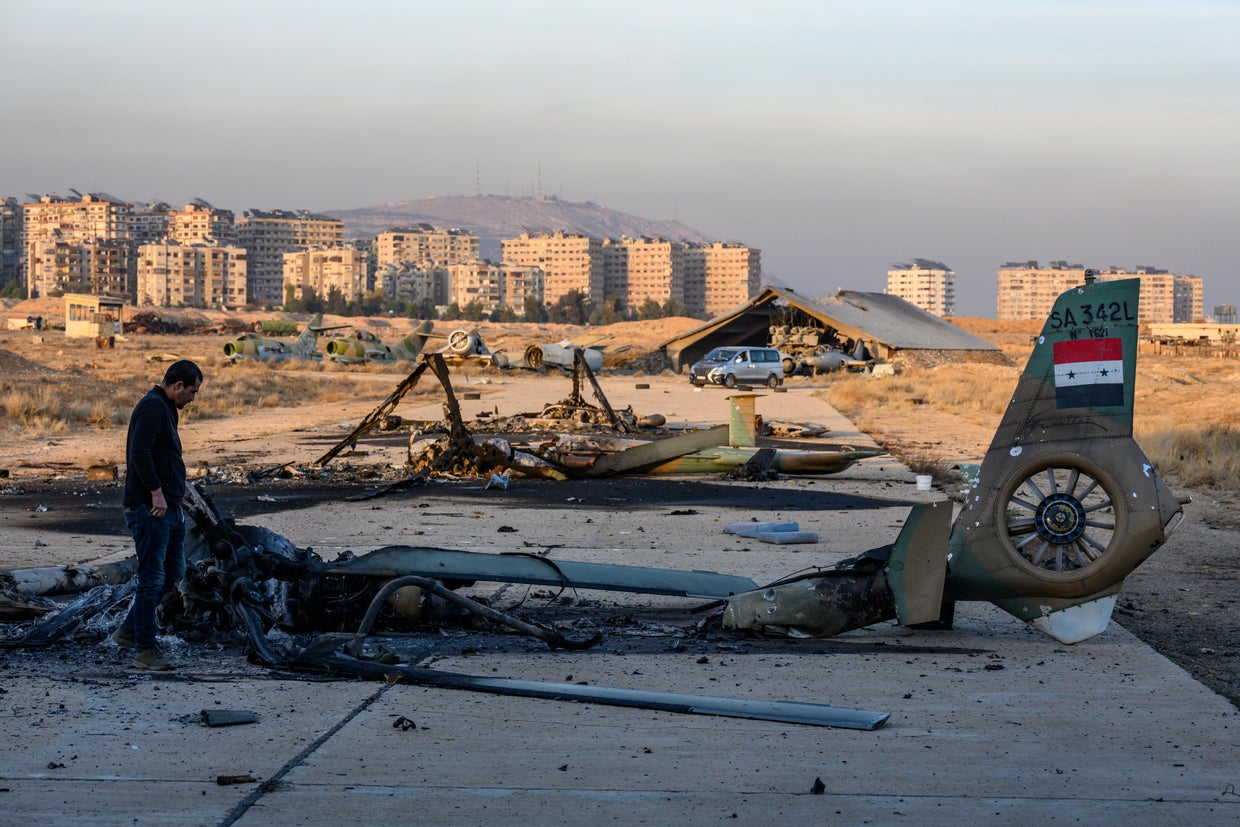
Direct Accusations
In a new diplomatic escalation that reflects the complexities of the Syrian and regional situation, the Turkish Foreign Ministry officially demanded on April 3 that “Israel” abandon its expansionist policies, withdraw from the territories it has occupied, and stop undermining efforts to establish stability in Syria.
The Turkish statement also directly accused “Israel” of being a regional destabilizer and a breeder of chaos and terrorism in the region.
He emphasized that the provocative statements made by Israeli ministers toward Turkiye reflect their current psychological state, as well as the aggressive and expansionist policies pursued by the fundamentalist and racist Israeli government.
“We must ask why Israel is so disturbed by developments in Syria and Lebanon, which hold great promise for peace, stability, and prosperity in our region and are supported by the entire world,” he added.
It is noteworthy that Turkiye views “Israel” as an expansionist Zionist entity, and President Recep Tayyip Erdogan clearly expressed this position last week, declaring his hope that God will destroy “Israel”.
However, based on its recent statements, Ankara does not appear to intend or prefer a military approach as an option to establish its own balance of power in Syria.
In a later statement to Reuters, Turkish Foreign Minister Hakan Fidan emphasized that Turkiye does not want any confrontation with “Israel” in Syria, considering that Israel's actions pave the way for future regional instability.
He indicated that if the new administration in Damascus wants to reach certain understandings with “Israel”, that is its own business.
He considered that repeated Israeli attacks on military sites fuel instability in the region and undermine the new Syrian government's ability to deter threats from ISIS and other sources.
In response to a question about whether Turkiye's plans to conclude a joint defense agreement with Syria are prompting “Israel” to intensify its strikes on Syria, Fidan indicated that Ankara is working with its partners in the region to form a joint platform with Syria to prevent the resurgence of ISIS and combat common threats, including the outlawed Kurdistan Workers' Party (PKK).
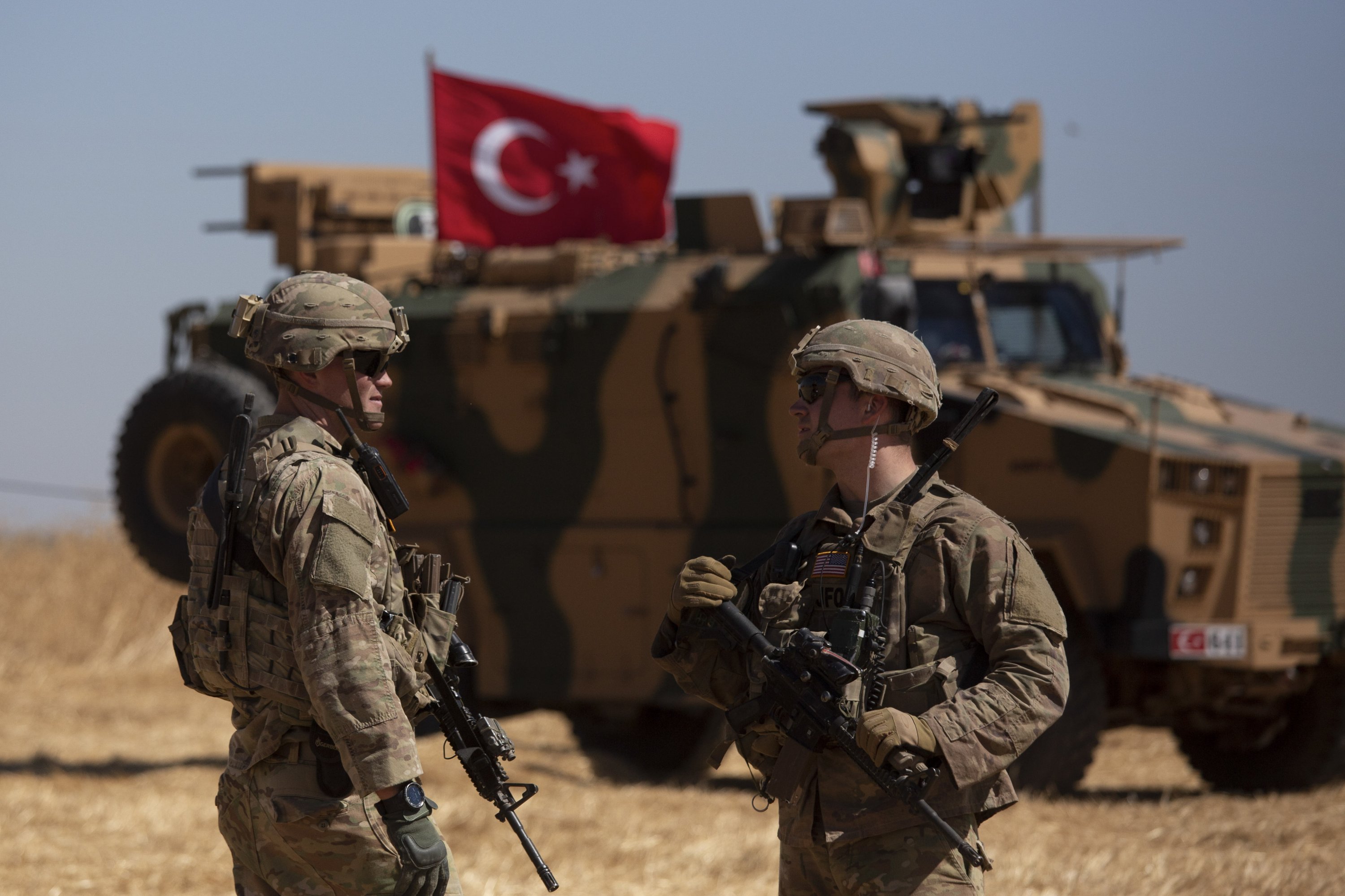
‘Israel’-Turkiye Escalation
An indirect response from the Israeli side was not long in coming. Security sources told the Jerusalem Post that Tel Aviv fears the establishment of Turkish military bases on Syrian territory, believing this would undermine Israeli air freedom, especially in light of the growing cooperation between Damascus and Ankara.
Sources reported that this scenario is subject to serious discussions within Israeli political and military circles, amid the growing possibility of a permanent Turkish presence in northern and central Syria, which could impose new red lines on Israel's regular operations in Syria.
Retired Israeli General Itzhak Brik revealed that unannounced clashes have already occurred between Israeli and Turkish fighter jets, indicating that escalation between “Israel” and Turkiye is only a matter of time.
He explained that Tel Aviv's main enemy in the north has become the Turkish-Syrian axis, which has the potential to pose a very real threat to “Israel”, according to the Hebrew website ice.co.il.
As part of its ongoing efforts to prevent Syria from posing any potential future threat and to destroy all military and strategic assets, the Israeli Air Force has carried out more than 740 airstrikes over the past four months.
In turn, Middle East expert Eva Koulouriotis explained that the Hebrew media's exaggeration of the Turkish presence in Syria began a few days ago through a political decision by the Netanyahu government.
In practice, Turkiye has been present in Syrian territory since 2016 during Operation Euphrates Shield, and its presence became more stable after the Sochi agreement in March 2020. The Israeli government, prior to the fall of the Assad regime, did not express any objection to this Turkish presence.
Therefore, the current escalation has more political than military dimensions, according to Koulouriotis, who noted that “Israel” is working to establish a new military equation in Syria as a fait accompli.
She stated that "the goal of establishing this equation is to obtain political concessions from the new Syrian administration in the context of any negotiations between the two sides, whether directly or through mediators."
Soner Cagaptay, director of the Turkish Research Program at the Washington Institute think tank, said Turkiye and “Israel” were on an ideological collision course but could avoid
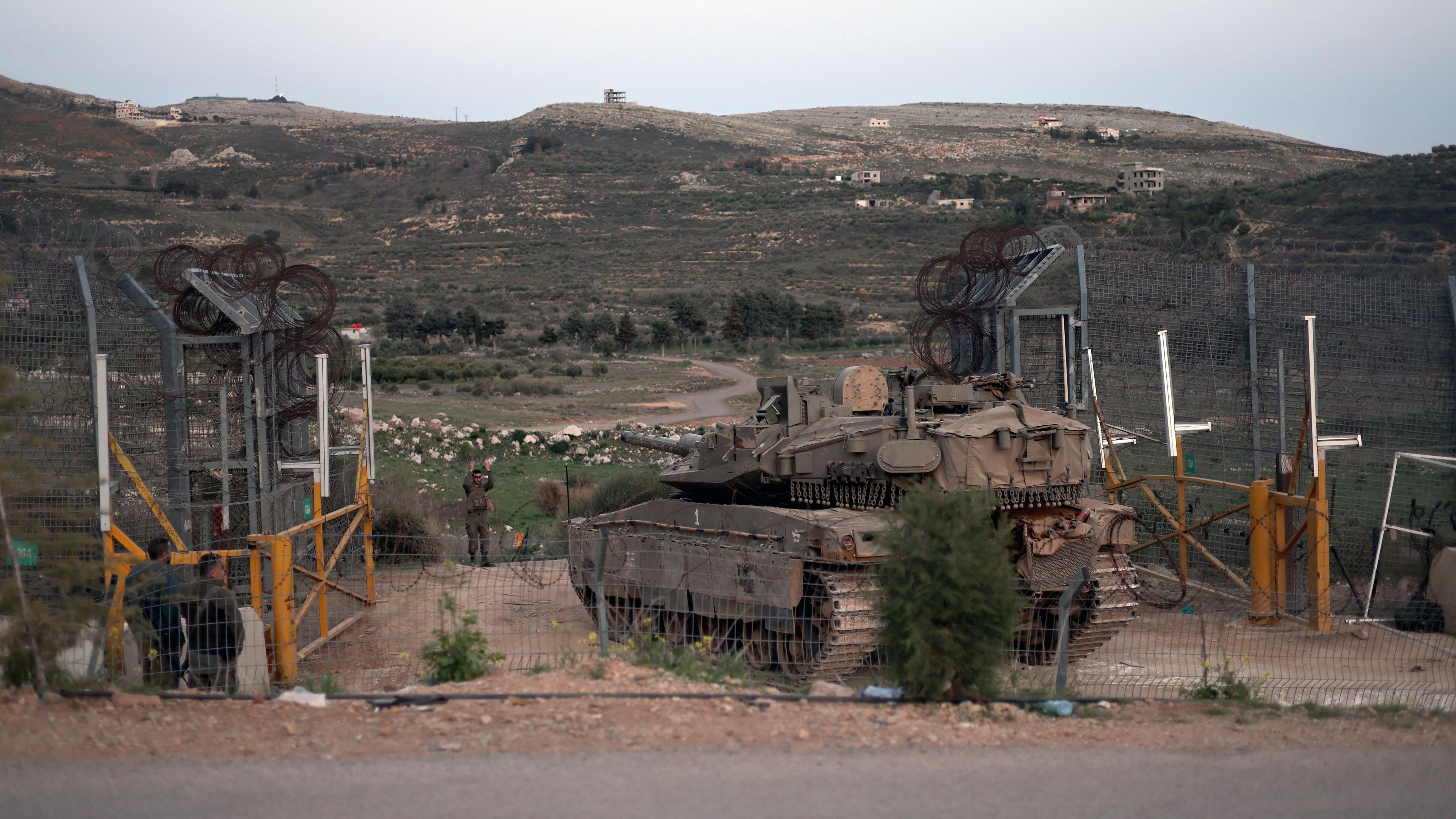
On his part, researcher on Turkish affairs Mahmoud Alloush told Al-Estiklal that “Syria has once again become an arena of conflict between multiple regional powers whose interests and strategic visions conflict.”
“On the one hand, Turkiye seeks to prevent the establishment of an independent Kurdish state there, while Israel wants to dismantle Syria to ensure its security,” he added.
“Although the military escalation between Turkiye and Israel in Syria does not currently appear likely to erupt into a direct confrontation, the region continues to be tense, and every new step could push the parties toward unexpected transformations,” he said.
Mr. Alloush suggested that “Turkiye may resort to diplomatic tools as an alternative to a direct confrontation that does not serve its interests to consolidate its influence in the Syrian arena and prevent Israel from imposing new facts on the ground.”
Sources
- Western intelligence source to 'Post': Turkey aims to activate the Syrian T4 air base
- Israel, Turkey ponder how to split Syria into spheres of influence until stable governance takes hold
- Damascus and Ankara: Israel Katz revealed the message to al-Julani - and then the attacks came [Hebrew]
- Syria – Turkish Presence in Military Airports and Aerial Friction with Israel



